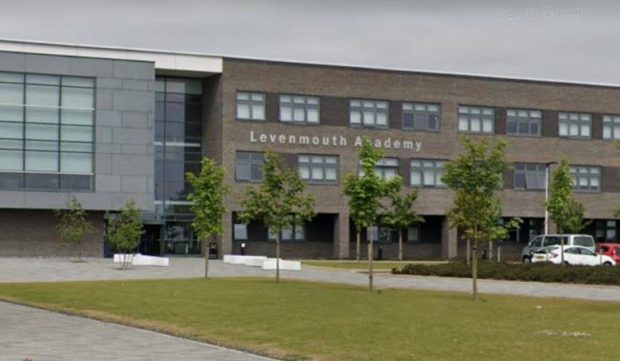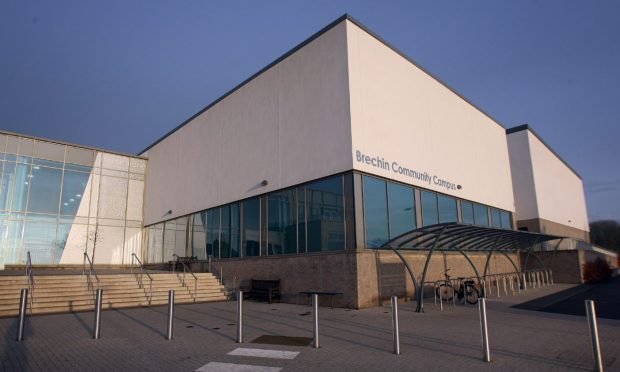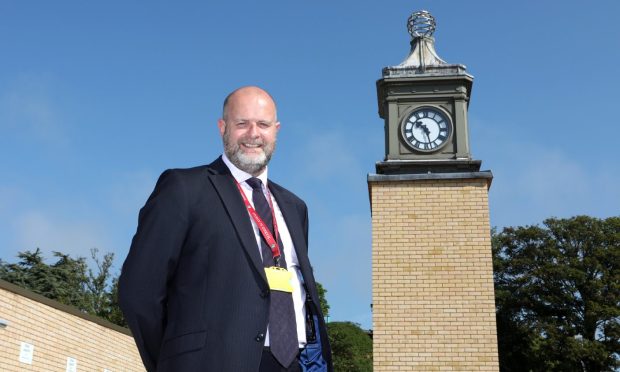Teenager Max Rafferty could have a natural talent for cyber security.
Experts reckon that young people with autism, dyslexia, dyspraxia and ADHD could be ideal candidates for careers in the sector, where skills like cracking passwords and staying one step ahead of computer hackers are needed.
That’s why Fife College offered him and a group of neurodivergent pupils from Levenmouth Academy the chance to take part in a four-week taster course run by lecturers.
The skills learned by 16-year-old Max could be put to good use in his future career in engineering, he said.
“The wide range of things that you can do for cyber security interested me.
“The password cracking was probably what I enjoyed the most.
“We learned the different techniques hackers would use to crack someone’s password.”
He completed the course earlier this year with five of other pupils at the Buckhaven school.
Harry Brown, principal teacher of developing youth workforce, was delighted when Fife College offered the school the opportunity.
He hopes it will enhance opportunities for disadvantaged pupils at the school and some of the teenagers who completed the introductory course have already expressed an interest in exploring careers in computing and cybersecurity.
He said: “(The opportunity) is very important, particularly with the backgrounds we have here because we do come from a low socioeconomic area.
“At Levenmouth we’re working a great deal with those individuals who could have those neurological difficulties so the course that Fife College came up with was absolutely perfect.”
The course was delivered by lecturers at Fife College and funded by Skills Development Scotland (SDS) and the Scottish Government under the strategic framework for a cyber resilient Scotland.
A gap in support was identified by SDS and a fund was created to teach the pupils about the protection of computer systems and networks from information discourse and digital forensics.
Cyber security is one industry in which these students can flourish.”
Iain Haker, Fife College.
After the successful delivery of the course, it is hoped the opportunity will be extended to other schools from across the Fife region.
Iain Haker, assistant principal at Fife College, said lecturers wanted to do more to support neurodivergent students in the kingdom.
“We want to bridge the gap between school and college, and highlight the careers that might be available to them with the skills and qualities that they have.
“Cybersecurity is one industry in which these students can flourish, and with the current digital skills gap in Scotland there are a lot of opportunities in this area.”
Claire Gillespie, digital technologies sector skills manager at SDS, said: “It’s very important that we continue enhancing the support available so that every young person regardless of their circumstances has the opportunity to explore the fulfilling and rewarding careers available in the digital sector.”
Levenmouth Academy a ‘pioneer school’ after winning digital award












